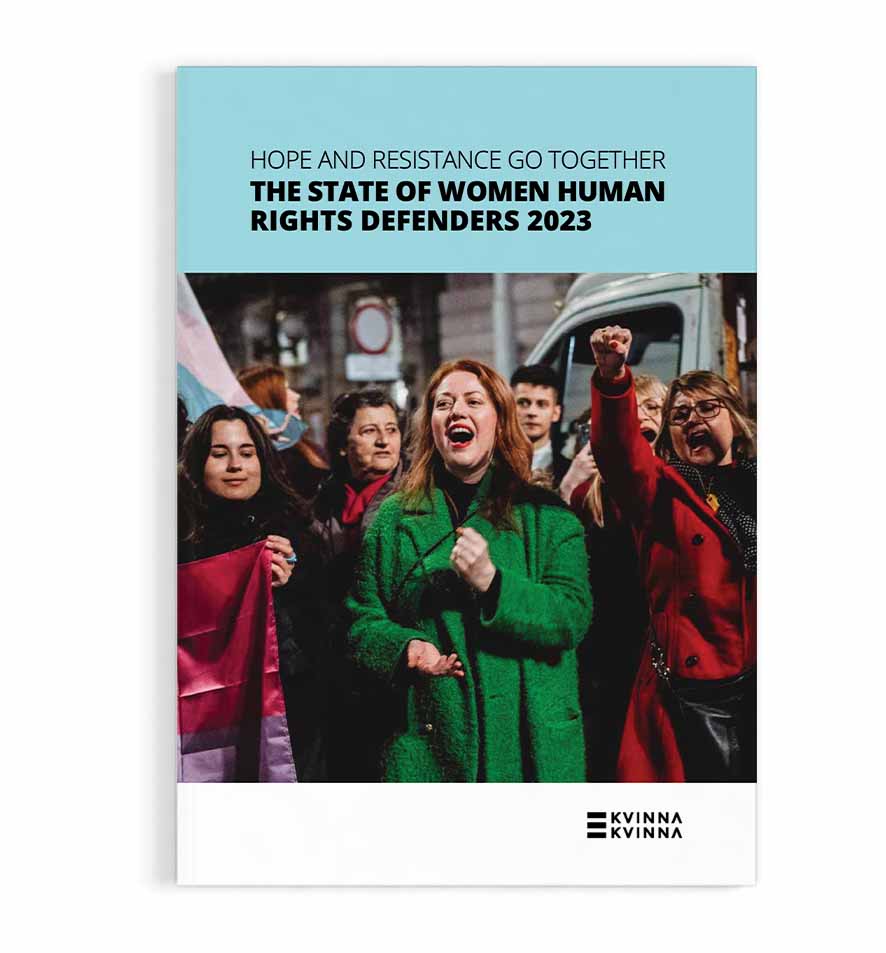Findings from the survey and interviews reveal a concerning rise in threats and harassment, with 75% reporting such incidents—a 15 percentage point rise from the last survey. Many activists mention that not only do they themselves experience threats and harassment, but their families are also targeted. In some cases, the threats even come from the activists’ family members, as many as 51% reporting this in sub-Saharan Africa.
Murder attempts
The gravity of these situations becomes clearer with 37 survey participants admitting to surviving actual murder attempts. The severity of these threats is notably high in South Asia, with over 30% of respondents indicating they have faced attempts on their lives.
Shrinking space
This worrying trend contributes to a shrinking civic space, exacerbating the scarcity of funding for women’s rights and LGBTQI+ rights activism. It even fosters competition rather than collaboration among activists, hindering coalitions, collaboration and synergies. The main factors behind this shrinking space, as identified by respondents, include governmental fear of political change, the increase of authoritarian regimes, and the influence of anti-gender movements.
Research and experience show us that gender equality does not advance without a strong feminist movement advocating for it. So, the continued and re-enforced attempts by different groups linked together by the anti-gender rhetoric is a serious threat not only against the activists but against gender equality per se.
Silencing is a political act
The harassment against activists is often disguised as “normal” violence against women or hate crimes against the LGBTQI+ community, concealing the political intent to silence—to stop them from challenging existing power dynamics and structures.
Threats and harassment have become a part of an activist’s everyday life. And it does affect the activists. Because of the hate they received, many activists say they restrict what they share on social media, even if it is a tool in their activism. As one activist from sub-Saharan Africa says: “You need to be present on social media. But as soon as you’re active, you get hatred and threats, including messages on your phone from hidden numbers. Can you imagine how that feels?”
Many also have said no to media as they feel they will only be attacked. When women’s and queer rights activists withdraw from social media and say no to media interviews it means their voices are not heard. It is a strong indicator of the democratic backslide.
